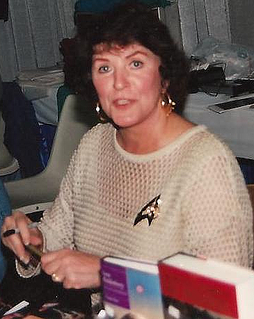A Quote by Jeremy Clarkson
I dish the dirt out, and I can take it. But why should my mother and children have to take it? In 20 years, I have taken any number of stories, most of which are not true, without a murmur of complaint. But some stories you have to draw the line and say No.
Related Quotes
No woman or man is any one thing and the men in my stories, well, some of them are good and some of them are terrible, and most of them make the lives of the women they love much harder than need be. Why? Because that's the kind of storytelling I was drawn to when I wrote these stories, most of which are at least seven years or more old.
Any platform that you use to tell stories helps you regardless of the medium regardless if they are bedtime stories that you tell your children or comics or film. Specifically what makes comics unique is that they are a storytelling device that forces you to think both visually and economically. Some might say you are limited by your imagination, but that is not true because someone has to draw it.
I have never been able to understand the complaint that a story is "depressing" because of its subject matter. What depresses me are stories that don't seem to know these things go on, or hide them in resolute chipperness; "witty stories," in which every problem is the occasion for a joke; "upbeat" stories that flog you with transcendence. Please. We're grown ups now.
I believe that if a child has a feel for writing and wants to write, there is an audience. Children should just dive in and go at it. I would encourage children to write about themselves and things that are happening to them. It is a lot easier and they know the subject better if they use something out of their everyday lives as an inspiration. Read stories, listen to stories, to develop an understanding of what stories are all about.
I think most people aren't really privy to how stories are developed and what stories are - make it to the front page or to the mainstream media, whether it's in print or in broadcast. And I think they'd be shocked and disappointed to see some of the bias that exists in some of the stories that don't get told - or the manner in which they are told.
































